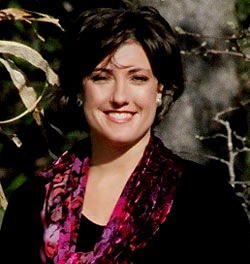Demands – sometimes they’re based on calculated costs, sometimes pure emotion, and sometimes they have nothing to do with the dispute. For example, I’ve heard them tied to credit card debt, the cost of tuition, and even the price of re-siding one’s house.
Regardless, knowing the basis for the demand (as well as counter-demand) may be one of the most essential ingredients to a satisfying outcome, and mediation provides the opportunity to attain this clarity.
Not only does this serve parties as an anchor in their negotiation, it lets them know when they’ve reached a stopping point and can drop the rope, so to speak.
Even if the impasse or endpoint isn’t exactly at where they wanted to be, they can consider something “close enough.” This is because identifying what the number symbolizes makes it conceptually easier for parties to measure and conduct their risk/benefit analysis. Incidentally, it also opens up possibilities for creative substitutions.
When I mediate, I work on this from early in the session and throughout – with each person at the table – because time and time again, I see it raise the value of satisfaction in the process, and the outcome.

